Reimagining Early Childhood Communication in Brazil
Revolutionizing early childhood communication in Brazil
Flavia Mesquita, Juliana Matteucci & Gabriel Gomes
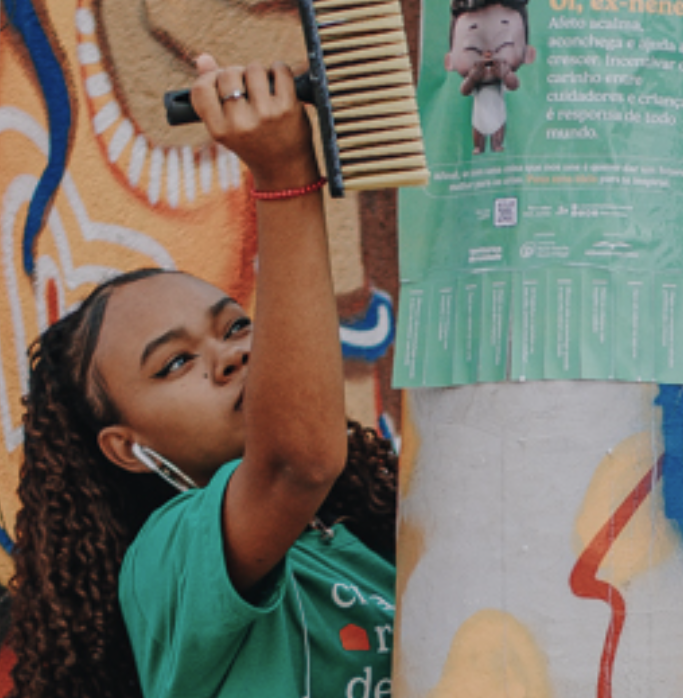
The Care Territories (Territórios do Cuidado) project, a collaborative effort between the Maria Cecilia Souto Vidigal Foundation (FMCSV) and Gerando Falcões, stands as a beacon of hope for families in vulnerable communities. Emphasizing the importance of positive interactions and care in the early years of life, the project’s mission is to contribute to the full development of children and tackle structural poverty.
At the heart of the project is the belief that the first six years are crucial for any child’s development, with the brain growing rapidly during this period. Children are ready to discover, experience, and explore their surroundings, and a safe, healthy, and well-structured early childhood ensures they can reach their full potential.
In Brazil, where millions of children live in poverty and are deprived of basic rights, the lack of information and structural challenges prevent families from providing the necessary care. The Territórios do Cuidado project aims to bridge this gap, bringing knowledge and support to these communities.
The project’s success in the Favela dos Sonhos, São Paulo, serves as a testament to its impact. By carefully listening to the community and co-creating with them, the project ensured that its actions were relevant and responsive to their needs. Local leaders, with their deep knowledge of the territory, were empowered to mobilize families and become the campaign’s spokespersons.
Key strategies include:
Deep Listening and Co-Creation with the Community: We engaged with the community through heartfelt conversations, individual interviews, and quantitative surveys. By carefully listening to their needs and priorities, we tailored our messages and channels to resonate with them, ensuring our communication was based on their reality, not our assumptions.
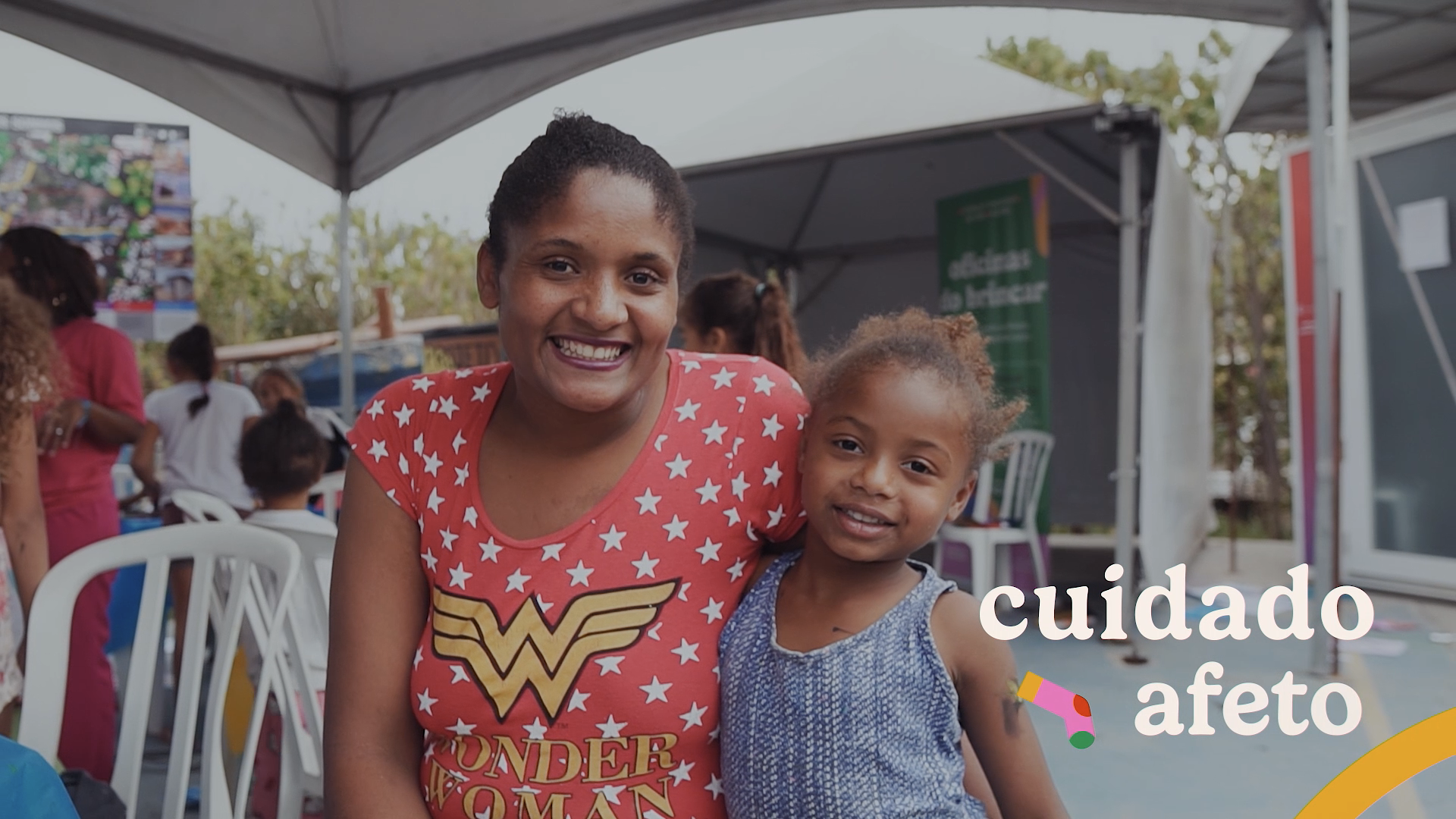
Empowering Local Leaders: Local leaders are the heartbeat of the community. By elevating their voices and supporting them as campaign ambassadors, we not only leveraged their deep knowledge of the territory but also highlighted their importance and dreams for the community.

Accessible Messages and Channels: Purpose dedicated itself to finding the most effective communication channels, such as community radios and strategically placed posters. By speaking the language of the community and meeting them where they are, we ensured our messages reached and impacted as many families as possible.
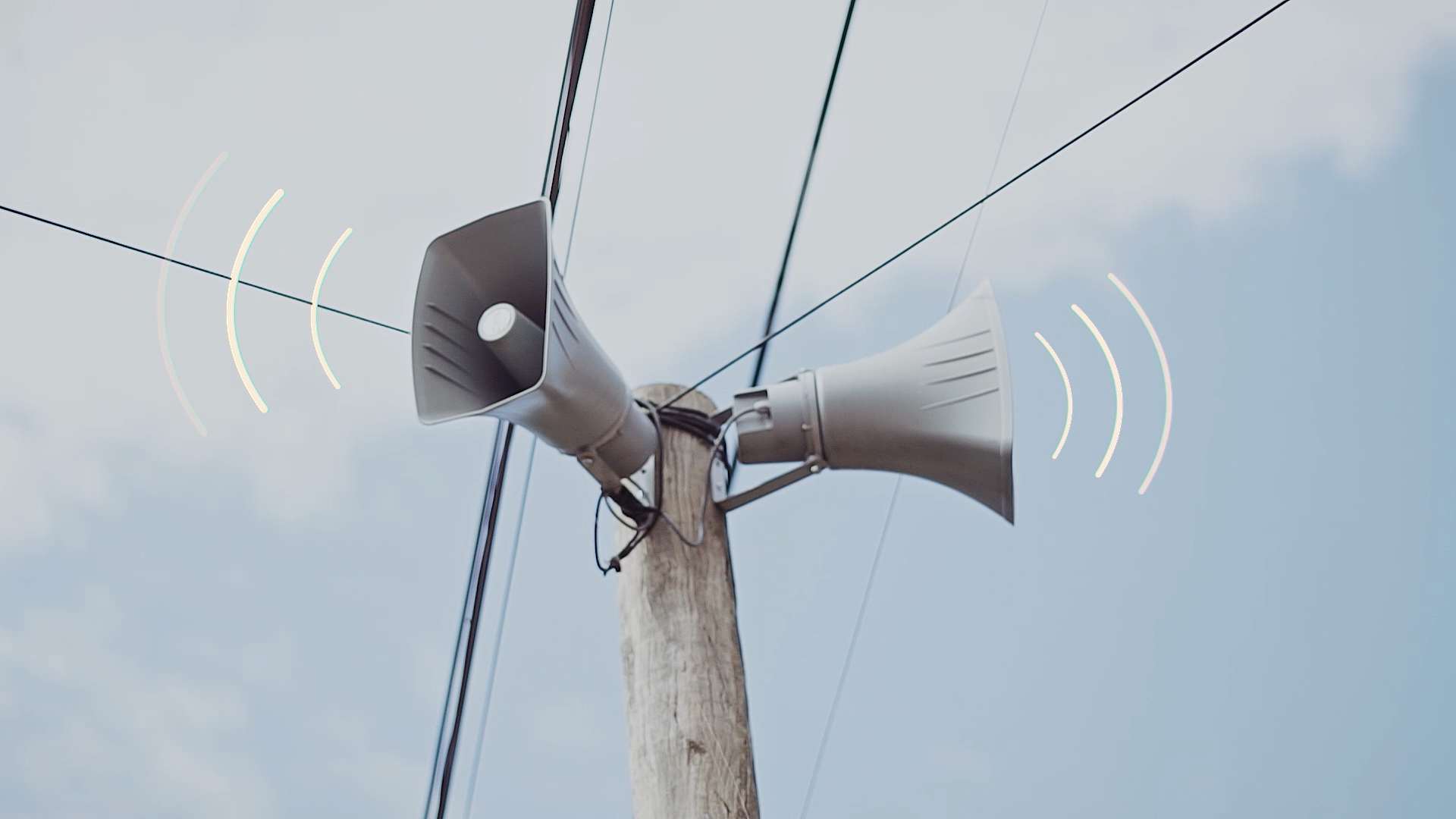
Leveraging Local Talents: Although vulnerable communities lack resources, we found a wealth of talents and skills. Engaging with young leaders and utilizing their abilities in activities like mural painting, photography exhibition and radio broadcasting showcased the rich potential within the community.

Sustainable and Replicable Actions: To ensure the project’s longevity, we developed a replication guide, enabling any leader or organization to implement similar initiatives in their territories, thus broadening the impact of our work.
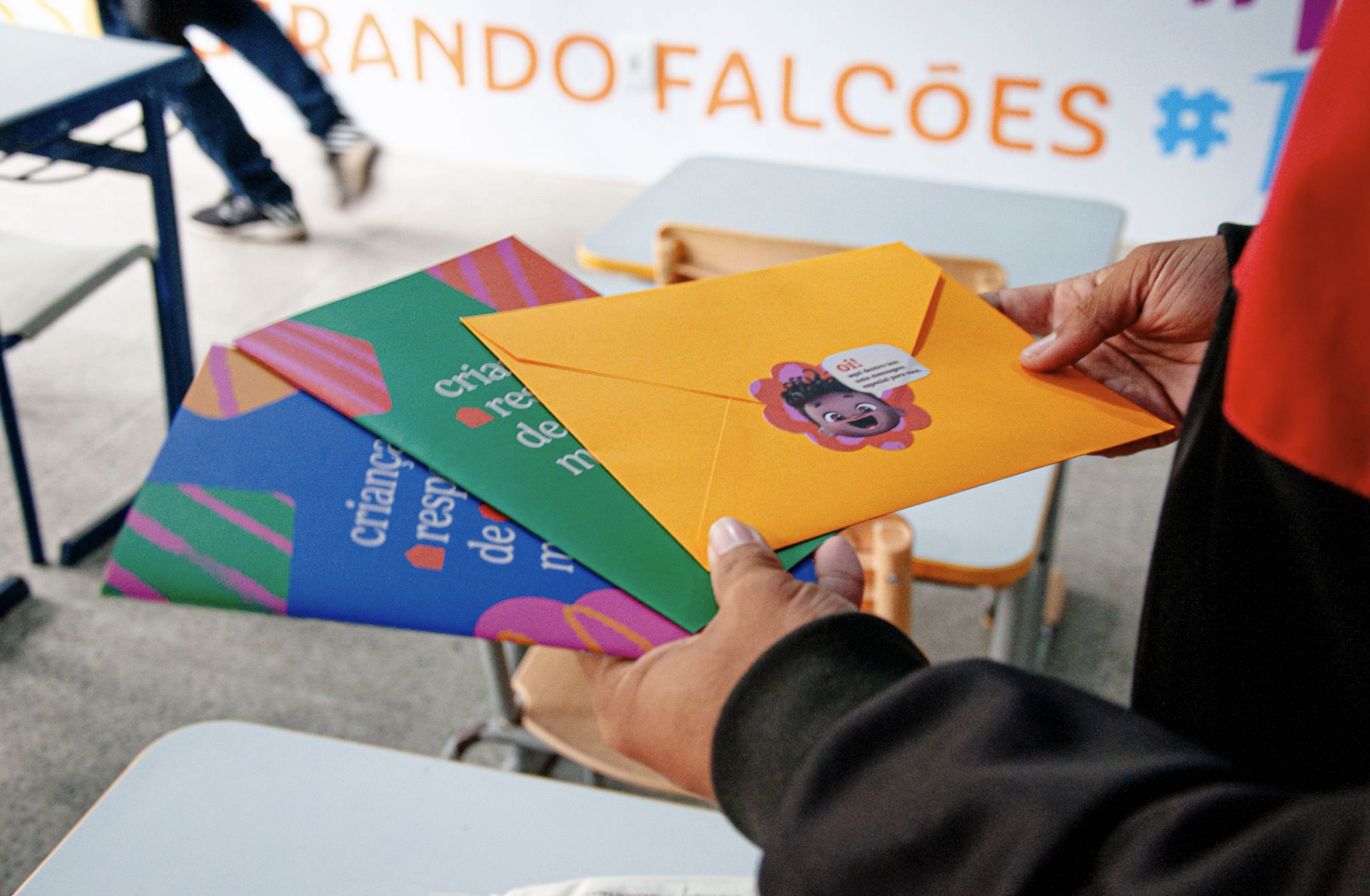
Purpose’s dedication to finding accessible communication channels, such as community radios, whatsapp, games, posters, and murals, ensured that the messages reached the heart of the community. Always supported by local leaders and youth that was involved in the whole process from co-creation session to execution.
One of the project’s strengths lies in its sustainable and replicable actions. The development of a replication guide allows the project’s tools to be used in other territories, ensuring that more communities can benefit from its approach.
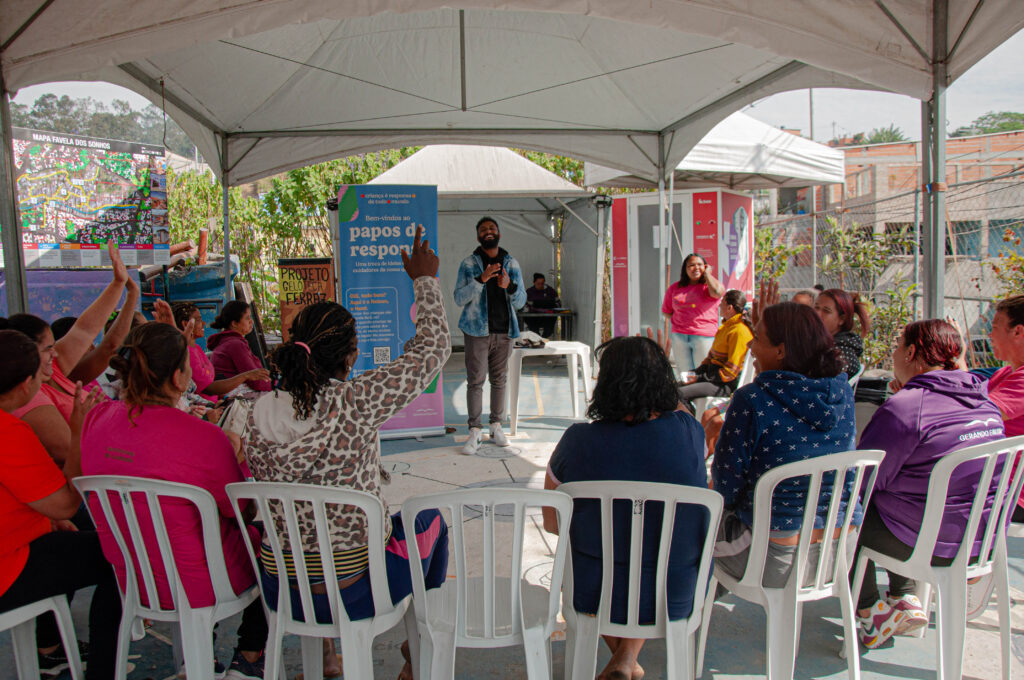
Results from the Favela dos Sonhos show that 250 families were reached, with over 60 caregivers participating in discussions and workshops, and more than 50 children engaging in playful activities. The community has become more attentive to children, with a shift in perception from viewing children as a ‘stress’ to seeing them as ‘hope for a better world.’ This transformation is echoed in the words of a project participant:
‘In this project, I understood that it’s right to also look after other people’s children. For example, if a child is playing in the playground and I see them, I can say, “Kid, don’t climb there, I’ll call your mom.” It’s not my responsibility, but I can help. Before, this didn’t happen much, but now we’re more like this.’ Another participant noted, ‘Mothers who didn’t talk to each other before, now they do. Because the children were brought together, and the mothers came too, it created this connection.’
In 2024, the project aims to expand to five new territories, reaching 1,000 families and further spreading the message of collective responsibility for early childhood development. The expansion is supported by the mobilization capacity of local leaders and the easy-to-read Replication Guide for Early Childhood, which serves as a knowledge base for scaling the project to new territories.
As “Care Territories” continues to grow, it remains committed to empowering parents and communities to create a brighter future for their children, making early childhood development a priority across Brazil.